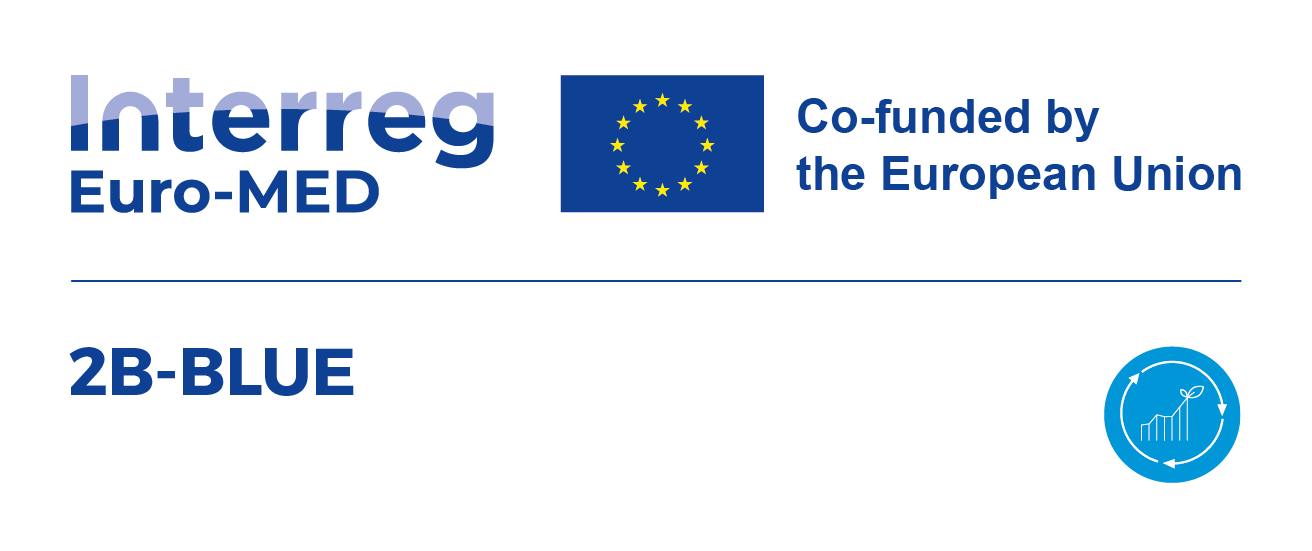Name:
Integration of marine sponges in fish aquaculture systems for improving seawater quality and producing marine bioactive compounds.
Developed by:
Hellenic Centre for Marine Research, Institute of Marine Biology, Biotechnology and Aquaculture
Countrie(s) involved:
Greece
Funding sources:
National (ministries, agencies, regions)
Specific organism(s) focused:
SPINAQUA Project Summary
Aims:
The SPINAQUA project was recently implemented at HCMR, Greece and it investigated the potential of sponge cultivation for bioremediation and bioproduction in fish aquaculture. This technology aimed at reducing organic pollution in fish aquaculture settings and harnessing the biotechnological potential of sponges.
Needs/Challenges Addressed:
Fish aquaculture, while economically vital, imposes significant environmental pressures on coastal habitats. Current mitigation efforts are limited to restrictive regulations, lacking proactive measures. SPINAQUA addresses the need for sustainable solutions to manage organic waste and other pollutants associated with aquaculture.
Impact:
SPINAQUA’s integrated approach, including selecting suitable sponge species, cultivating them near fish farms, and evaluating their laboratory biotechnological potential, promises significant benefits. Sponges can actively filter seawater, recycle nutrients, and accumulate pollutants, making them effective in mitigating organic pollution. Additionally, sponge farming could become a valuable source of biomolecules for pharmaceutical and biomedical applications.
Good Practice of Sponge Farming:
Sponge farming offers an environmentally sustainable practice by enhancing water quality and providing high-value marine products. The project’s findings support the development of future bioremediation applications, promoting efficient, productive, and sustainable aquaculture practices. In the long term, sponge farming will provide a competitive edge to Greek aquaculture enterprises and contribute to cleaner seas.
Specific organism(s) focused:
Yes
Specific organism(s) focused:
Metazoa (tunicates, molluscs, sponges, Cnidaria, etc.)
Serctor(s) involved:
Yes
Serctor(s) involved:
Aquaculture and fisheries technologies
TRL:
TRL 1-3
Helix sector/involvement:
Research performing organizations and academiaYes
Link to the good practice:
https://spinaqua.hcmr.gr/
https://www.mdpi.com/1660-3397/20/1/24
https://www.sciencedirect.com/science/article/pii/S0048969723042249?via%3Dihub
https://www.mdpi.com/1660-3397/21/12/612
